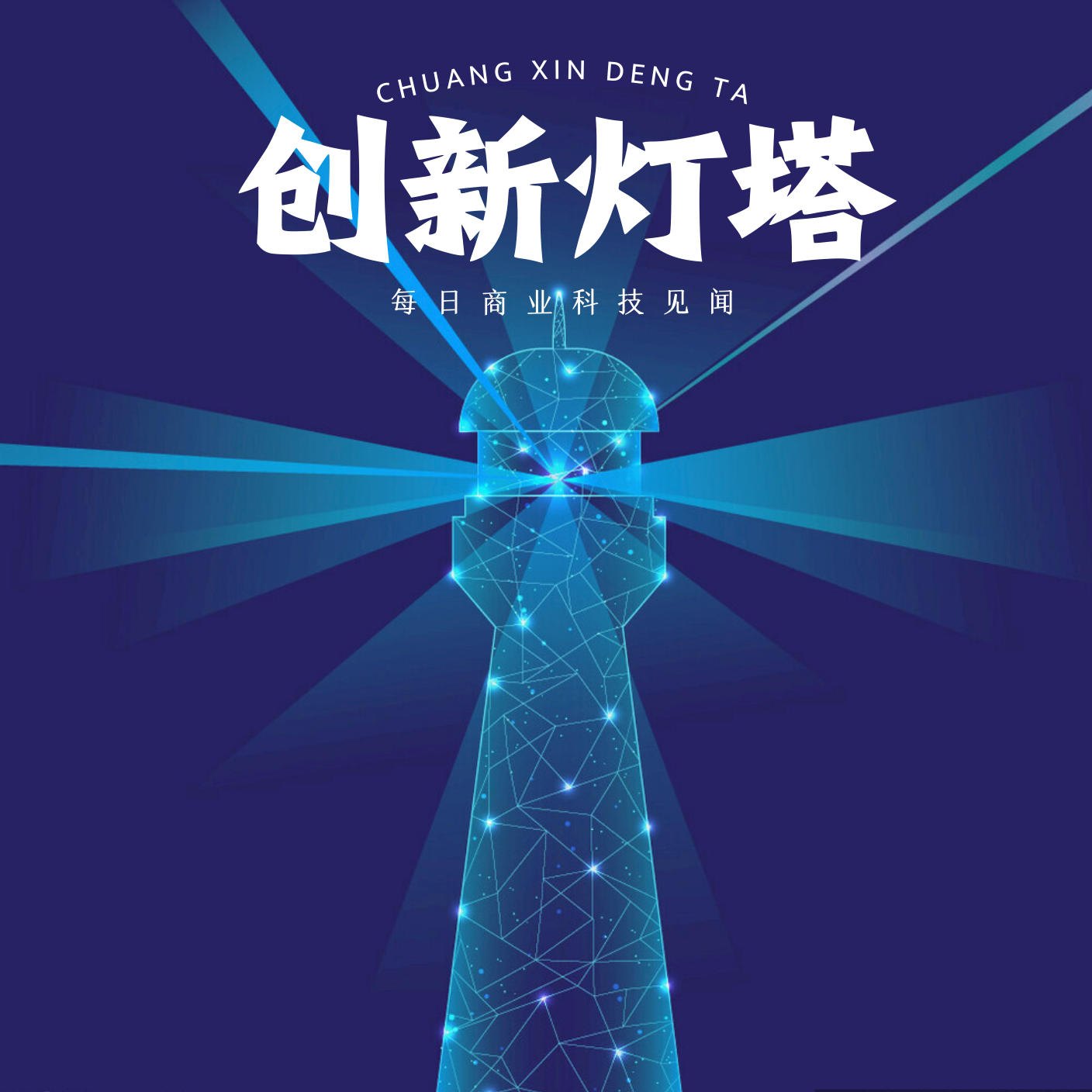
Deep Dive
What is Project Digits and what are its key features?
Project Digits is a personal AI supercomputer announced by NVIDIA at CES 2025. It features the new GB10 Grace Blackwell Circle processor, is compact enough to fit on a desk, and uses a standard power outlet. It can handle AI models with up to 200 billion parameters, starts at $3000, and includes 128GB of unified memory and up to 4TB of NVMe storage. Two units can be connected to handle models with up to 4050 billion parameters, allowing users to develop and test AI models locally before deploying them to cloud services or data centers.
Which companies are collaborating with NVIDIA in the automotive sector?
NVIDIA is collaborating with several automotive companies, including domestic manufacturers like BYD, Li Auto, Xiaomi, and Geek, as well as international companies such as Tesla, Mercedes-Benz, and Toyota. NVIDIA's CEO, Jensen Huang, also announced a partnership with Toyota to develop the next generation of autonomous vehicles.
What are the main achievements and challenges of the Human Brain Project (HBP)?
The Human Brain Project (HBP), launched in 2013, has achieved significant milestones such as developing models for studying neurodegenerative diseases, creating digital brain models, and advancing AI research. It also established a brain data-sharing platform to foster collaboration among scientists. However, the project faces challenges including overly complex goals, technological limitations, and project management issues.
What legal actions has iQIYI taken against MiniMax's Conch AI?
iQIYI has filed a lawsuit against MiniMax's Conch AI for copyright infringement, demanding that Conch AI cease its infringing activities and seeking compensation. Conch AI is a leading developer of large models in China, offering functionalities like text interaction, video generation, and music generation. This legal action follows a regulatory notice from the National Radio and Television Administration urging short video platforms to clean up AI-modified content.
What are the privacy concerns associated with large AI models?
Large AI models raise privacy concerns due to their extensive training datasets, which include public data, partner-provided data, and web-crawled data. Although these models claim not to use user conversation data for training, interactions are often logged. Additionally, some models have inadequate privacy policies, leaving users with limited control over their data. Future regulations and standards are expected to become stricter, requiring AI companies to enhance data protection and give users more control over their data.
What significant events occurred on January 8th in history?
Several significant events occurred on January 8th: in 1918, U.S. President Woodrow Wilson proposed the Fourteen Points to end World War I; in 1959, Charles de Gaulle was elected President of France; in 1973, China successfully conducted its first hydrogen bomb test; in 1989, a British Midland Airways Boeing 737 crashed, killing 47 people; in 1994, China's first foreign exchange trading center was established in Shanghai; in 2001, China launched the Shenzhou 2 unmanned spacecraft; and in 2003, China's first cross-sea railway opened, connecting Guangdong and Hainan.
- Project Digits将于5月发布
- 可处理多达2000亿个参数的AI模型
- 价格为3000美元起
- 英伟达的目标是将AI集成到个人电脑中
Shownotes Transcript
今天的节目将探讨一系列引人注目的科技动态:英伟达的 Project Digits 能否重新定义个人计算体验?黄仁勋提出的下一代自动驾驶汽车合作,将如何影响未来的汽车行业?在大模型技术快速发展的背景下,我们如何应对隐私和版权的挑战?此外,人类脑科学计划取得了哪些关键进展,又面临哪些未来的挑战?接下来让我们来解锁这些商业科技动态吧。
00:00:48 英伟达推出 AI 超级计算机
00:01:59 英伟达欲打造一流平台,爱奇艺起诉海螺 AI
00:03:25 HBP 计划成果与挑战并存
00:04:56 1 月 8 日:历史上的今天发生了哪些大事
本期主播: 西娅
后期: 西娅
收听平台: 小宇宙、喜马拉雅、Apple Podcast等。
如果喜欢我们的节目,欢迎点赞评论转发。